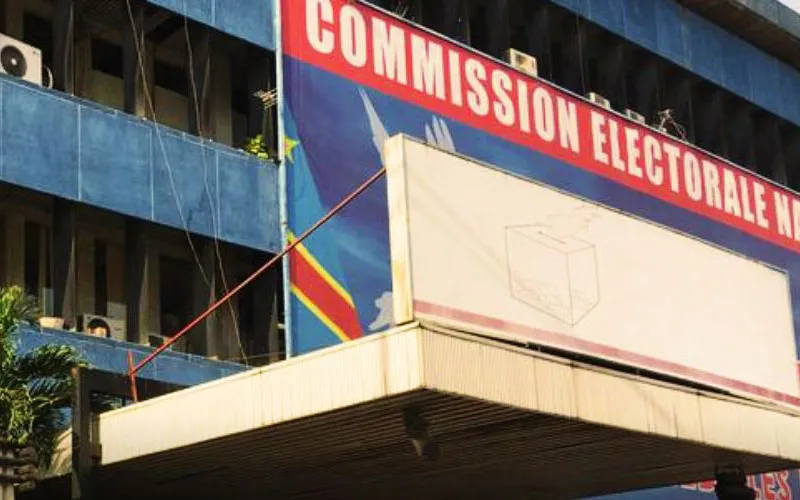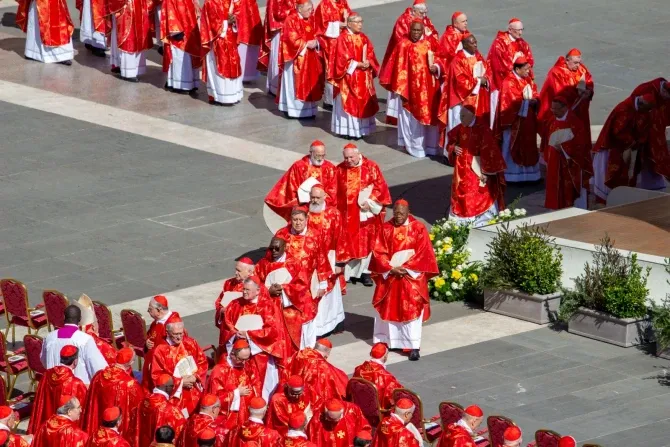Kinshasa, 19 May, 2023 / 9:20 pm (ACI Africa).
Transparency in the disbursement of funds is one of the electoral reforms that church leaders in the Democratic Republic of Congo (DRC) want implemented ahead of general elections scheduled to take place in December this year.
In a joint report shared with ACI Africa Wednesday, May 17, members of the National Episcopal Conference of Congo (CENCO) and the Church of Christ in Congo (ECC) also thank stakeholders involved in organizing the December 20 general elections.
The church leaders urge the government to “publish the plan for the disbursement of funds allocated to the electoral operations in order to reassure the public that the elections will be held on the scheduled date.”
They also want the Félix Antoine Tshisekedi Tshilombo-led government to “take all its responsibilities so that the compatriots who are affected by insecurity, particularly in the provinces of Ituri, North Kivu and Maï-Ndombe, have the opportunity to vote for their leaders.”
In the report dated May 15, which is a fruit of the joint CENCO-ECC observation mission on the identification and registration of voters in the Central African nation, the church leaders urge the leadership of the Independent National Electoral Commission (CENI) to “convene, as a matter of urgency, a framework for consultation on the major problems surrounding the electoral register.”








